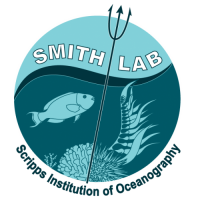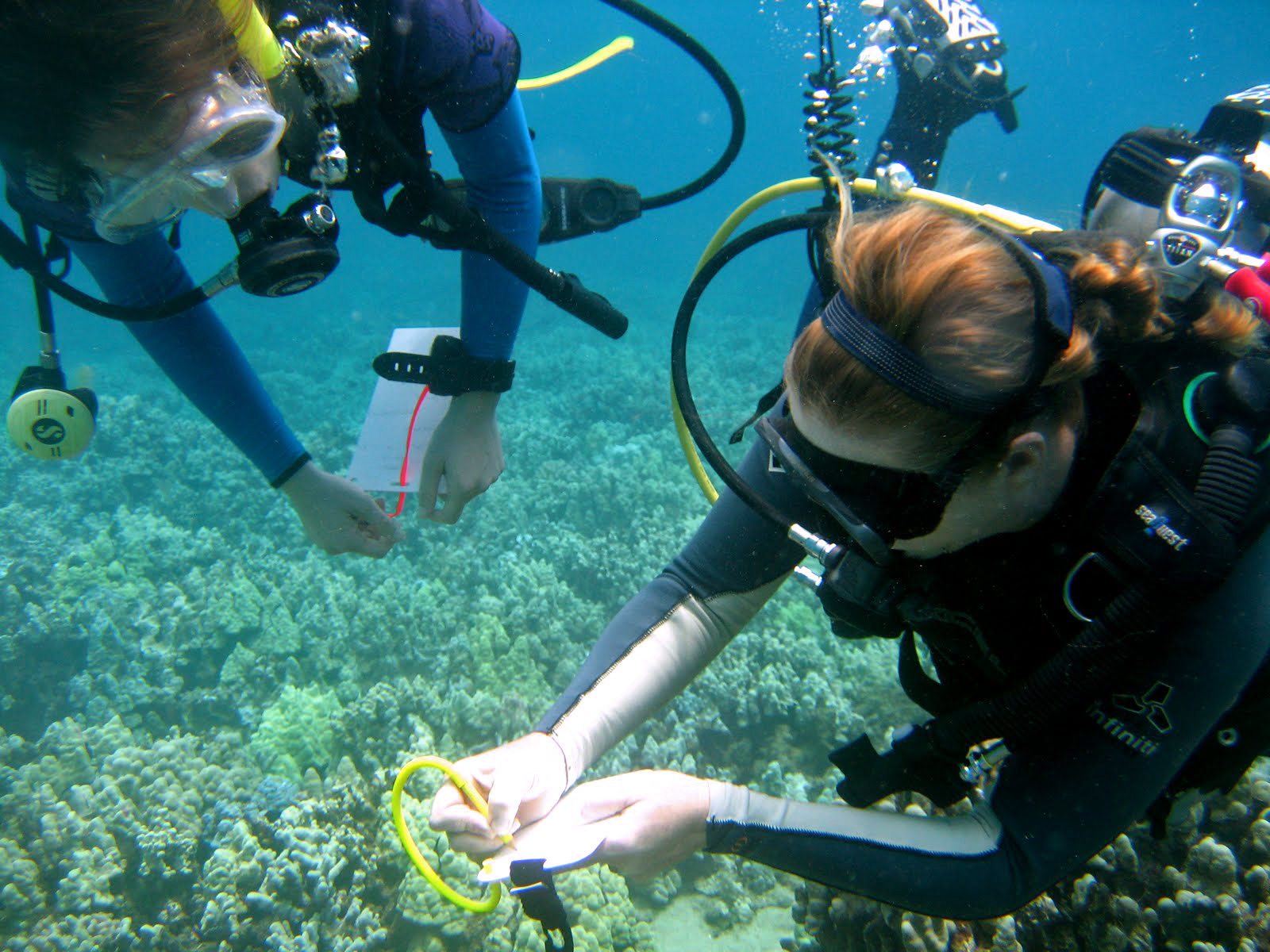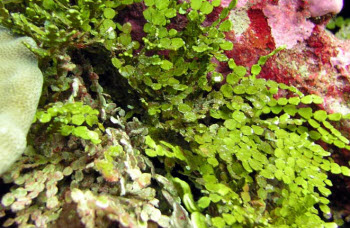Our last dive at Kahekili was in October and Levi Lewis (photo on right holding his cool new helmet cam) and I, both PhD students at the Scripps Institution of Oceanography in San Diego, are thrilled to be back on the reef again so soon. What a difference 3.5 months makes! Of course, the swell is more than when we … Read More
Notes from the field: Line Islands
This is a blog post by Levi Lewis, a PhD student in our lab, that follows his diving experience at Kingman Reef in the Line Islands. “Getting it at Kingman Reef” By Levi Lewis “Okay, I get it.” Dr. Sandin (fish team) was wondering what I thought of my first dive on Kingman Reef, one of the most remote and … Read More
Notes from the Field: Hawaii
This is a blog post from Emily Kelly, a PhD student in our lab, following her current research in Hawaii. —————————————————— I’ve just returned from three months of diving and running experiments in Maui (what a great job!) and as I sit in my San Diego office pouring over datasheets, I miss the daily tropical diving and stolen underwater moments … Read More
The Underappreciated Reef Algae
The Underappreciated Reef Algae by Jennifer Smith, head researcher on the Benthic Team The green alga Dictyosphaeria cavernosa, commonly known as green bubble algae. Photograph by Jen Smith. Coral reefs are known for their spectacular diversity and striking beauty. When most people think of coral reefs they think of the colorful coral animals themselves—the organisms that build the reef structure and … Read More
Follow the Northern Line Islands Expedition!
Sixteen scientists from three continents and one island are gathering in the Northern Line Islands with one purpose in mind—to increase our understanding of coral reef health and decline. Follow Dr. Smith and her collaborators on this expedition via their blog. The adventure begins on October 24th!
The Smith Lab
The Smith Lab is focused on understanding how humans impact marine ecosystems in both tropical and local environments, as well as developing strategies for restoring these environments for future generations.





